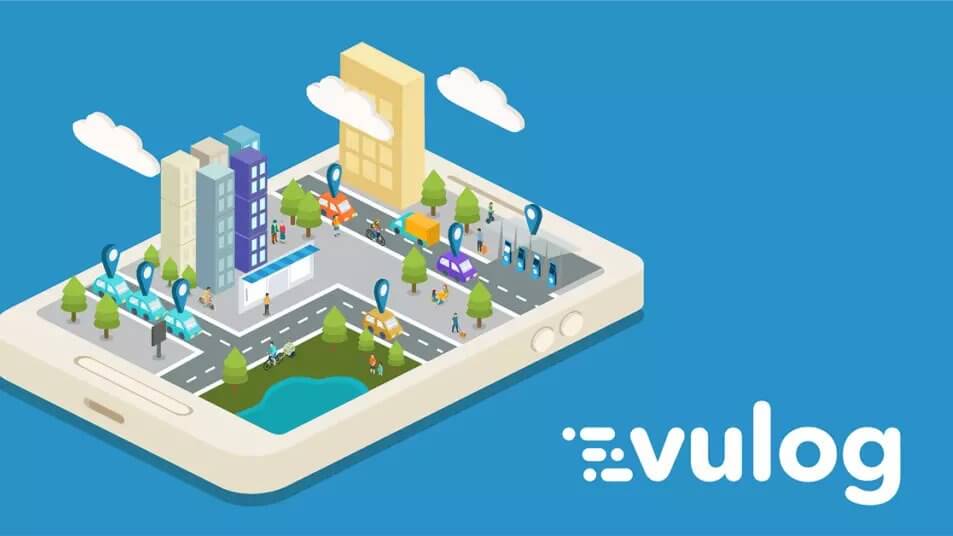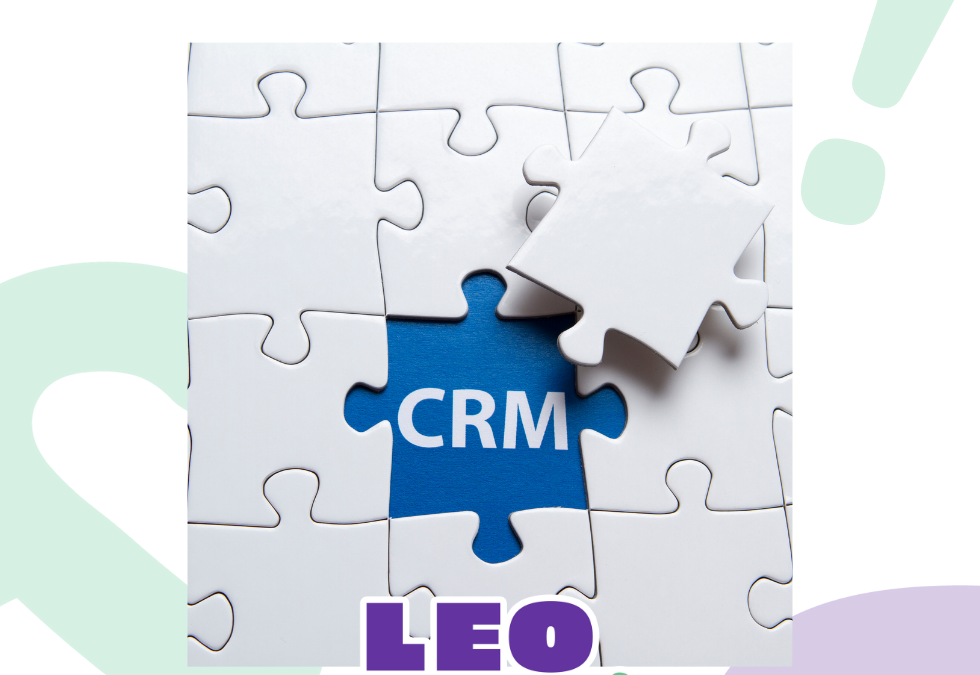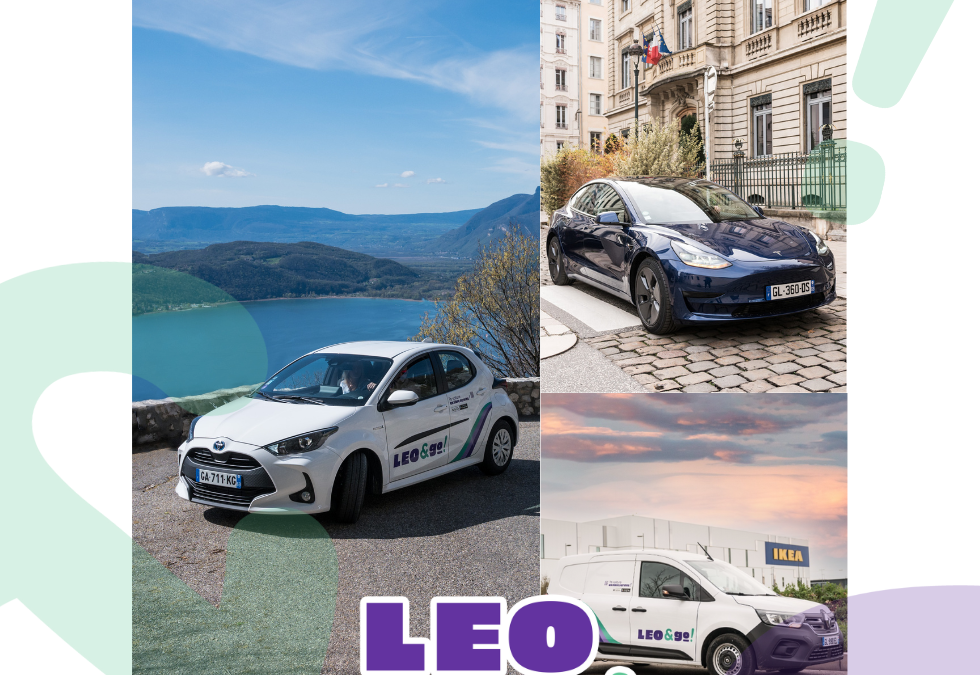The automotive industry is a hot topic, especially when it comes to urban mobility, making it overwhelming to know what’s what in the world of shared mobility.
April 27, 2017 The increase in urban density, the rising cost of car ownership, insufficient infrastructure to sustain urban growth, and the high adoption rate of smartphones have laid the foundation for a series of new services. Meanwhile, in light of so many new options, consumers are probably left wondering, “What’s the difference between ride sharing, one-way carsharing, and free-floating?”
The mobility services we see on the street today can be broken down into a few categories:
Ride Hailing: Users summon drivers to take them to another location (Uber, Lyft).
Ride Sharing: Different people, traveling between two points in the same general direction, ride together (BlaBlaCar, uberPOOL).
Carsharing: A fleet of vehicles is at the disposal of drivers. Carsharing can be split into three varieties:
- Round-Trip: Users pick up and drop off cars at the same location. There are two types of round-trip carsharing:
- Peer-to-Peer: Fleet is composed of other users’ cars; the renter’s payment goes partly to the service and to the car owner (Getaround, Turo).
Fleets: Fleet is owned by an organization, and cars must still be picked up and dropped off at the same location (Zipcar).
One-Way Station Based: Much like bike shares, the fleet is dispersed at different locations in the city. Cars are found at a station and dropped off at a different station elsewhere (Autolib in Paris or BlueIndy in Indianapolis).
Free-Floating: Cars are parked on the street and in lots throughout the city. Users can book an available car and leave it on any street they want within a designated area (Car2Go, Evo).
What does the future hold for mobility?
The worldwide growth of one-way carsharing services (Station Based and Free-Floating) is just beginning. Indeed, utilization rates of fleets are moving upwards with every innovation.
Ownership, or at least full control of fleets, will be the key to winning the next rounds when autonomous cars hit the market. By holding the assets, operators will dictate which technology gets installed in their cars and they will own the user experience, fostering a much deeper connection with users.
On the other hand, companies acting solely as connectors between two parties don’t control the full experience, foster little emotional attachment to their brand, and don’t build switching costs. In addition, there are currently few barriers to entry in this market, meaning that current leaders may not be the ones holding the prize at the end.
Conversely, free-floating projects have already yielded impressive results. Take Evo for example, the successful initiative from the British Columbia Automobile Association. It launched in early 2015 with 250 cars in Vancouver and has grown steadily in the past two years, reaching 1,250 cars today. Users love the flexibility of being able to pick up a car at two minutes’ notice and leave it wherever they want in the city. Even better: it costs about half of what a ride-hailing service charges.
People in cities are looking for mobility options that offer flexibility, convenience, and affordability. One-way carsharing scores are very high on all three aspects, and free-floating scores even higher. These services will only keep getting better and, to top it all off, technology is now available to give operators the means they need to build their operation in record time.
Vulog is the world’s leading tech mobility provider: we are committed to building a greener future, one city at a time.




